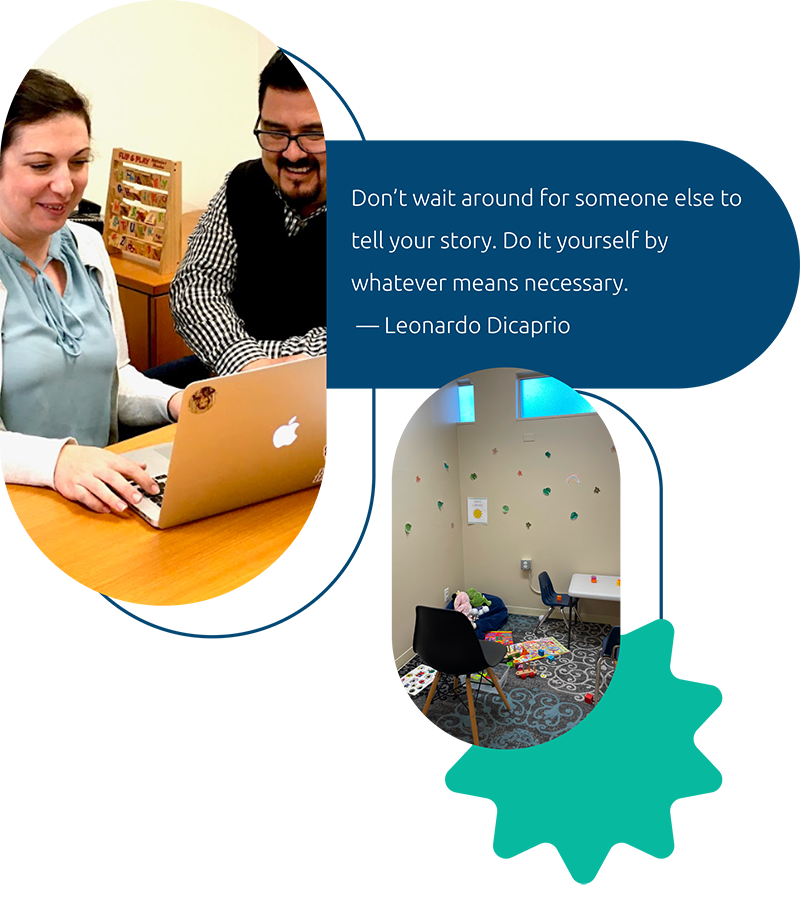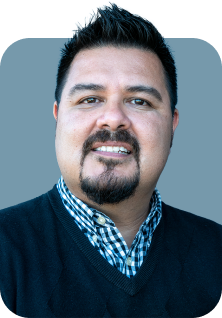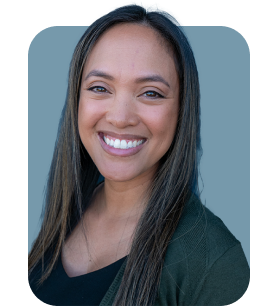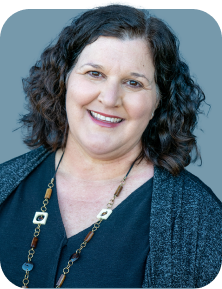Orofacial Myofunctional Services
In order to properly speak, breathe, and swallow, the muscles in our face, mouth, and throat need to be structured in the correct position and coordinated as they move together.


In order to properly speak, breathe, and swallow, the muscles in our face, mouth, and throat need to be structured in the correct position and coordinated as they move together.



Orofacial myofunctional disorder presents as atypical movement of the face and mouth muscles. This involves movement patterns of the tongue, lips, jaw, face, and many other interconnected muscles involved in the cranio-facial-respiratory system.
Presentation of OMD can affect talking, swallowing, allergies, asthma, sleep apnea, tongue thrust, dentition, as well as facial and jaw placement. PASTS is here to effectively strengthen muscles and repair habits that improve quality of life.
Our certified orofacial myofunctional therapists are trained to identify the areas of need to improve the strength positions and coordination of the mouth and throughout muscles. An evaluation analyzes the coordination of oral muscle movements for speech articulation deficits, drooling or open-mouth posture, disordered sleep patterns or difficulty swallowing with lips closed.
The general objectives for OMT include: Practicing oral muscle exercises, creating a lips-together mouth posture, stopping pacifier or thumb sucking, improving speech articulation, creating a more mature swallow function, and habituating appropriate tongue placement.












If you have questions about speech-language symptoms, please contact us today to speak directly with a speech-language pathologist for guidance.

Call us today for an online link to our intake forms.

As soon as you complete your intake form, we will contact you to set up your first appointment.









Newborns with congenital problems may have communication-related needs from birth, and a speech-language pathologist (SLP) is part of a neonatal multidisciplinary team. We often work with infants and toddlers at an early age (12-24 months) in areas such as swallowing and feeding, hearing and listening, oral-motor and speech, and attention and socialization.
Peninsula Associates has several talented clinicians with different specializations. Our director of operations will identify which speech-language pathologist is available and appropriate for a new client. Most clients are seen 2-4 weeks after the paperwork has been completed. There is sometimes a waiting period if a new children’s group is being formed, but we may see the new child individually in the interim.